'Surgical robots to become ubiquitous in Indian hospitals'
Mon 14 Sep 2015, 11:54:41
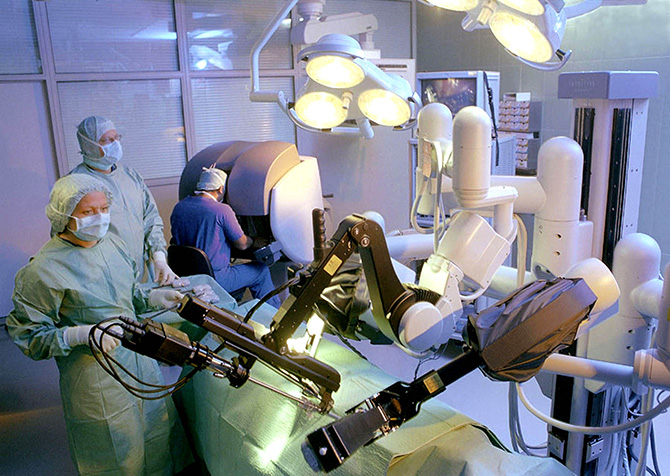
Chennai: Days are not far off when surgical robots will become a normal feature in hospitals for procedures like MRI scans, a senior official of Intuitive Surgical Inc said on Sunday.
The US-based Intuitive Surgical makes surgical robots that enable minimally invasive surgeries with its da Vinci surgical systems. The primary surgical domains are urology, gynaecology, general surgery and cardiothoracic.
"In India we are in infancy in the technology adoption curve. Today a hospital without a magnetic resonance imaging (MRI) scan machine is considered as a clinic," Jeroen M.M. van Heesewijk, senior vice president, Asia Pacific and Global Distribution, told IANS over phone from Kochi.
"Offering robotic surgeries will also give a boost to the countries medical tourism sector," Mahendra Bhandari, CEO, Vattikuti Foundation, told IANS over phone. Both were at Kochi to attend a two-day seminar on robotic surgery organised by Vattikuti Foundation.
According to van Heesewijk, India, China and Brazil are important markets for Intuitive Surgical.
A total of 26 da Vinci systems are in operation in India at various hospitals.
In India, Vattikuti Technologies is sole distributor and van Heesewijk said the company is not planning to go direct-selling directly to hospitals in India.
Van Heesewijk welcomed the tie-up between Google Inc. and Johnson & Johnson to work in the field of
surgical robotics.
surgical robotics.
According to him, the fact that two global players with deep pockets getting into robotics is a clear indication that robotic surgery segment will get a big boost. Meanwhile, the Vattikuti Foundation is planning to increase the number of surgeons trained on robotic surgical systems to 300.
"Presently, there are 147 surgeons trained in robotic surgeries in India. They do 300-400 robotic surgeries. Our target is to increase the surgeons trained in robotic surgeries to 300 by 2020," Bhandari said.
According to him, when the foundation was started in 2009-10 there were only five or six surgeons trained to carry out robotic surgeries.
Queried whether the foundation would train surgeons only on da Vinci systems distributed in India, he said: "Intuitive Surgical is the market leader."
Bhandari said once a surgeon is trained, training him in other systems is not a big issue. On the advantages of robotic surgeries, he said the incision will be small and the loss of blood will be very minimal.
He said the recovery of the patient is faster and the post-operative pain will also be less.
According to Bhandari, robotic procedures in India that cover a wide spectrum of procedures -cardiac, urology, general surgery, thoracic, gynaecology, head and neck, vascular and paediatrics - are expected to cross the 6,000 procedures mark in 2015.
No Comments For This Post, Be first to write a Comment.
Most viewed from Specials
Most viewed from World
AIMIM News
Latest Urdu News
Most Viewed
May 26, 2020
Do you think Canada-India relations will improve under New PM Mark Carney?
Latest Videos View All
Like Us
Home
About Us
Advertise With Us
All Polls
Epaper Archives
Privacy Policy
Contact Us
Download Etemaad App
© 2025 Etemaad Daily News, All Rights Reserved.

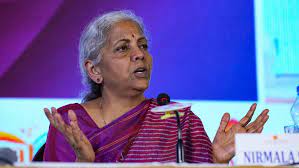
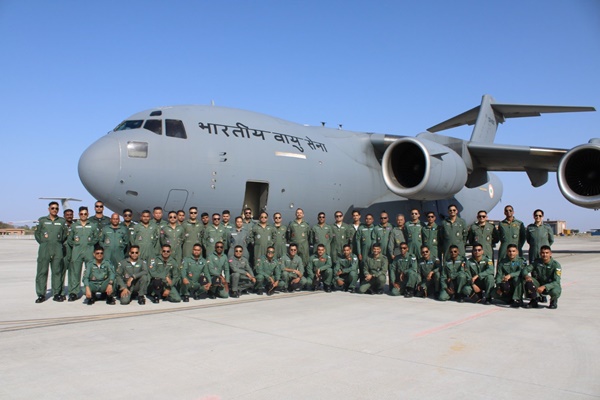












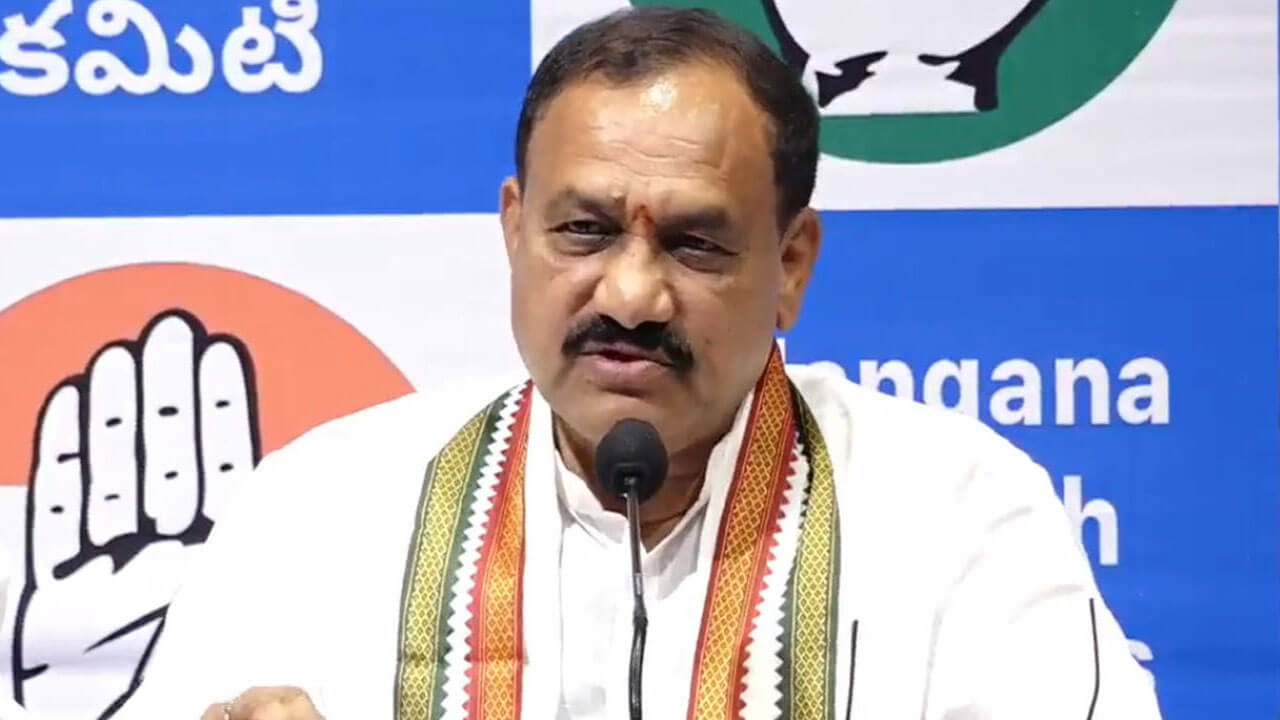

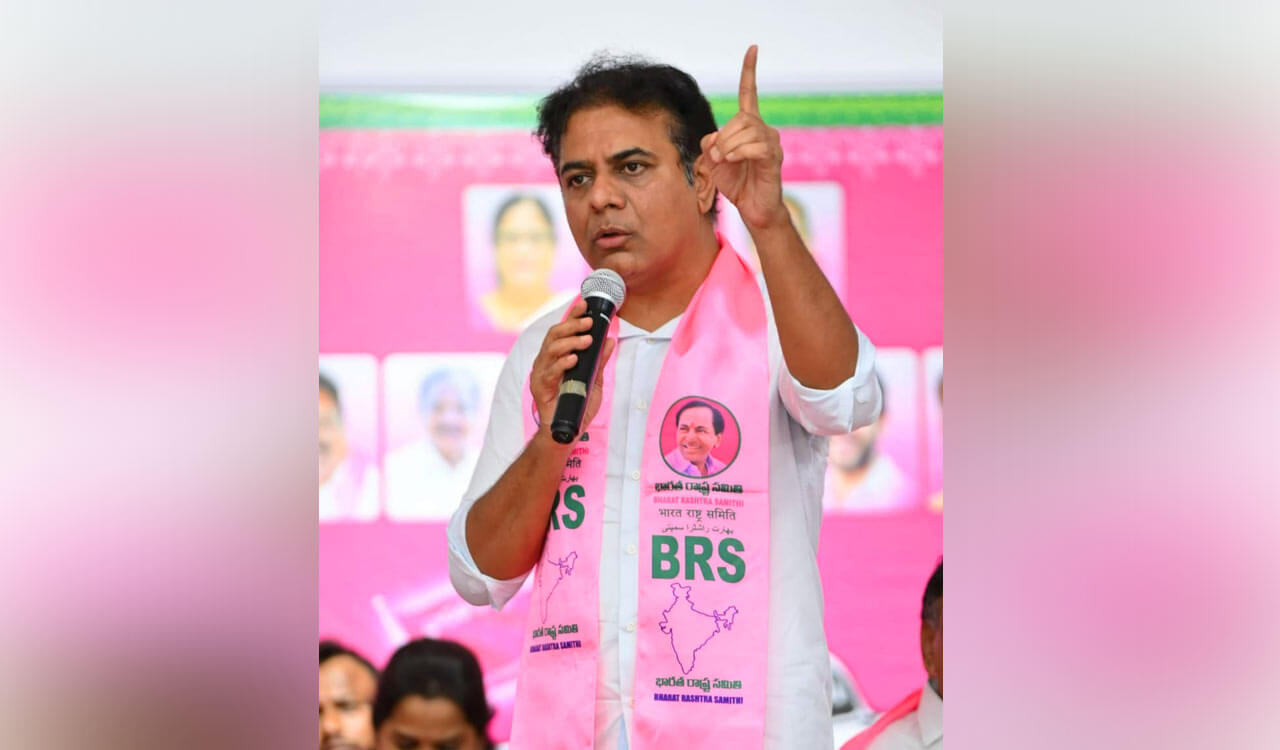
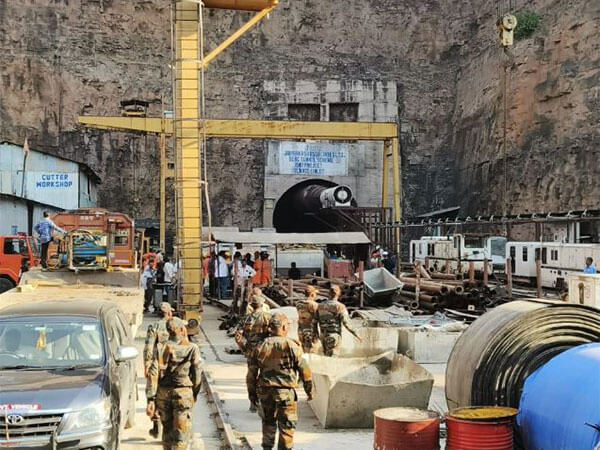
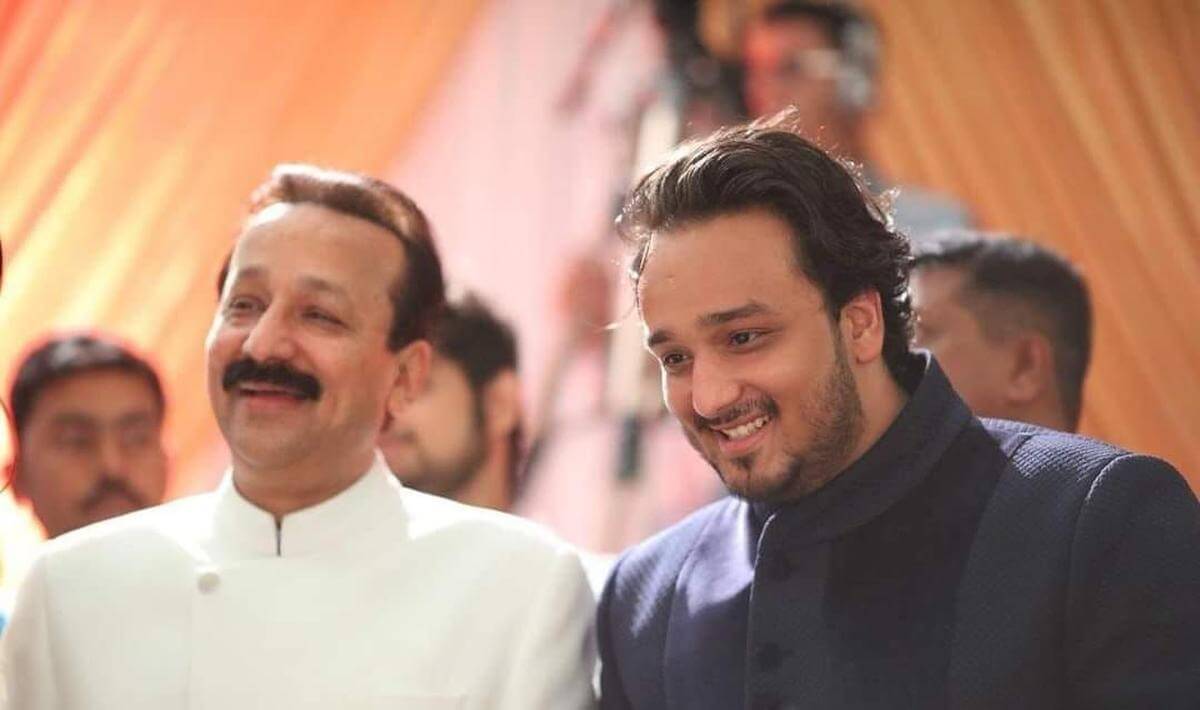

.jpg)
.jpg)
.jpg)
.jpg)

















